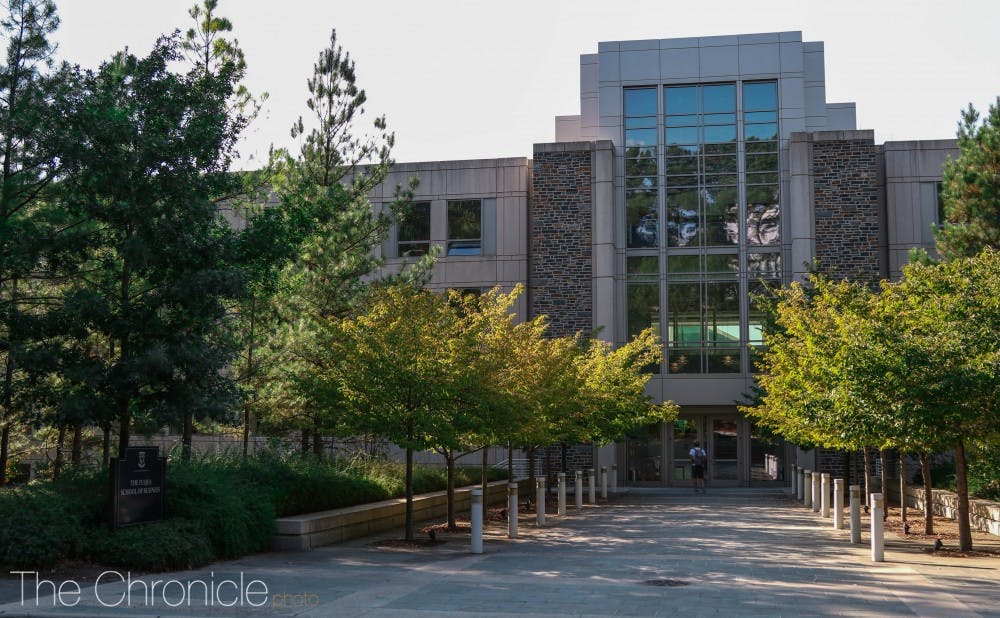Is "Make America Great Again" making the United States less relevant on the world stage?
In light of President Donald Trump and his administration's changes to visa policy, Bill Boulding, dean and J.B. Fuqua professor of business administration of Fuqua Business School, thinks so. Boulding argues that the policy shift has caused the United States to become a less desirable place to study and therefore, less of a world player.
“The rise of nationalism in many parts of the world is a threat to economic vitality in those regions,” Boulding said to The Chronicle.
The dean said that more and more international students and their parents are coming to him with safety concerns about studying in the U.S. because of politically-reinforced anti-immigrant sentiment. Many international students also feel unsure that they will be able to finish educational programs in the United States. because of the fear of encountering difficulty going to and from their home countries, based on the perception of increased harassment and security checks at airports, he noted.
As a result of the Trump administration’s changes to the H-1B visa, Boulding also said international students also fear not being able to secure work in the United States—even after completing MBA programs.
The H-1B visa is used by employers to recruit tens of thousands of international workers, especially from India and China. However, under the present administration, the H-1B visas have also become more difficult to acquire.
As a consequence of this uncertainty, the United States has become a less attractive place to pursue MBA programs. In fact, according to the most recent survey of prospective students by the Graduate Management Admission Council, less than 50 percent of prospective full-time MBA students want to study in the United States.
This fact can be seen in the percent decline of applicants to top business schools in America. Duke’s Fuqua Business School experienced a six percent decline of full-time MBA program applications, chiefly driven by a drop in international applicants. Other highly-ranked universities have experienced similar or greater declines in the amount of international applicants.
In light of these trends, Boulding is pushing to maintain the student body's diversity.
He says he has doubled the amount of international events and emphasizes Duke’s welcoming environment to both prospective and incoming students. Additionally, Duke’s administration is working hard to strengthen the confidence of international students that they will be granted H-1B visas and, thus, will be able to work in the United States after graduation.
“Our careers team is also doing all it can to support international students and help match them with employers who will sponsor visas if they desire to work in the United States,” said Boulding.
Boulding warns that the anti-immigration rhetoric dominating political climate could have repercussions for the future economy. He argues that if the United States does not continue to attract the “best and the brightest,” then it will stop producing the entrepreneurs that are critical to its continued competitiveness as a country.
“My parents were immigrants and I strongly believe in the positive impact immigration has on an economy,” Boulding said.
Because of his personal connection and insight into the probable ramifications for the business world, Boulding has made it his mission to advocate for international students to be able to access business education in the country of their choice.
“I’m a big believer in the power of business to transform the world for the better, but to do so requires developing leaders who will use business as a force for good,” the dean said.
Get The Chronicle straight to your inbox
Signup for our weekly newsletter. Cancel at any time.

